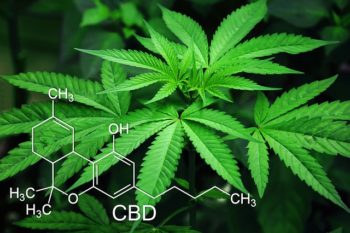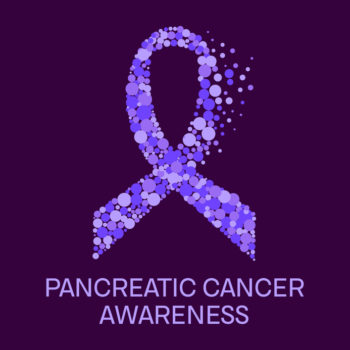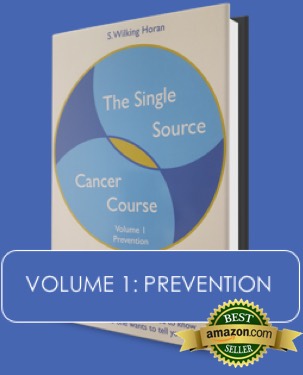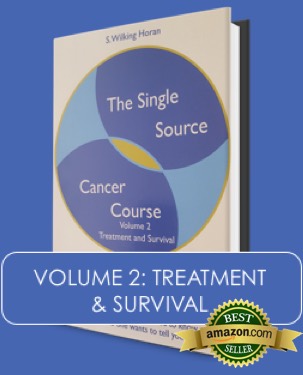 CANNABIDIOL AND PANCREATIC CANCER
CANNABIDIOL AND PANCREATIC CANCER
HELLO EVERYONE and WELCOME to another FACTUAL FRIDAY.
While November is a month of Thanksgiving and Gratitude for many of us, it’s also Pancreatic Cancer Awareness Month. And, I’m going to spend the last day of this month sharing some exciting research that brings new hope to the battle with this disease.
Now, I’ve survived three different cancers. Clearly, all cancers are difficult and challenging. Yet, pancreatic cancer is especially difficult because it’s considered a “silent cancer.” In other words, this cancer usually remains asymptomatic until it is well advanced. And this, unfortunately, means that treating this cancer successfully is harder to achieve.
The good news, however, is that there’s a new treatment for pancreatic cancer, which is proving very effective. And, that new treatment happens to come from an old and forbidden herb known as cannabis.
Okay, cannabis, marijuana, pot – whatever you want to call it – has long been considered a plant with known medicinal properties. It also has been considered a harmful substance blacklisted by governments for its dangerous addictive qualities.
I, for one, have always supported the use of medical marijuana for a variety of conditions, including cancer and its treatments.

And, now it seems that another component of cannabis, CBD or Cannabidiol, is the newest ally in the fight against pancreatic cancer.
Unlike other components of cannabis like THC, CBD does not produce psychoactive effects. This is because CBD is a cannabinoid that binds to cannabinoid receptors throughout the body, rather than only in the brain.
Accordingly, CBD has the ability to effectively combat nausea and vomiting, inflammation, anxiety, depression and seizures. Moreover, CBD has the ability to fight tumors and cancer cells.
You see, CBD appears to affect the genes involved in aggressive cancers that have metastasized. It shuts down the receptors that allow the cancer cells to grow.
In preliminary animal studies, for example, mice with pancreatic cancer treated with CBD as well as chemotherapy lived three times longer than mice who were not treated with CBD. This bodes very well for human patients also battling pancreatic cancer. The possibility of increasing one’s life span so significantly gives both cancer patients and research scientists a wonderful thing to celebrate.
Now, in addition to CBD, cannabinoids also are produced naturally in the human brain and nervous system. So, the addition of this non-psychoactive cannabinoid to those found naturally in the human body creates a potent potion capable of alleviating the bad side effects of chemotherapy as well as possessing strong anti-cancer properties.
The problem, of course, is that even though CBD is non-psychoactive, it is still classified as a schedule-1 substance, which means it is considered “dangerous” and “addictive,” and makes research in the United States more difficult.
Nevertheless, science continues to march on. And, the promise of CBD as an option offering a better and more hopeful outcome for pancreatic cancer patients is wonderful.
 I love ending this month of Thanksgiving and Gratitude on a strong positive note. I look forward to more good news about CBD and the fight against pancreatic cancer. And, I THANK ALL OF YOU for joining me once again!
I love ending this month of Thanksgiving and Gratitude on a strong positive note. I look forward to more good news about CBD and the fight against pancreatic cancer. And, I THANK ALL OF YOU for joining me once again!
Until next time, stay in GOOD HEALTH and . . .
TAKE THE COURSE AND TAKE CHARGE!



Leave a Comment